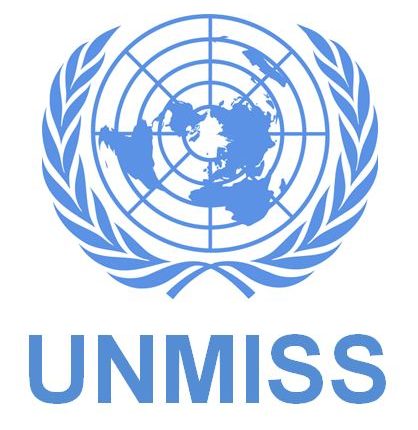United Nations Mission in South Sudan (UNMISS) peacekeepers from South Koren help transform food production and build resilience in Jonglei and Greater Pibor
More than 1.3 million people in Jonglei and Greater Pibor are suffering from acute food insecurity because of persistent intercommunal fighting, climate shocks, and a deteriorating economic situation.
To help combat this crisis, South Korean peacekeepers serving with the United Nations Mission in South Sudan are helping local communities develop innovative ways to boost food production and build resilience.
Working in collaboration with the Dr. John Garang Memorial University of Science and Technology, the peacekeepers are leading the implementation of high-tech farming techniques to transform the agricultural sector, including developing a new rice variety, known as Korous (a combination of “Korea” and “rice” in Juba Arabic), and training local communities to cultivate these crops.
“I am applying the knowledge I have learned here at the community level, working with local farmers. I also have my own small farm where I have planted this rice,” said Elizabeth Nyang Kiir, Hanbit Vocational Training Center student
First established in 2015, the South Korean peacekeeping HANBIT Vocational Training Center has trained hundreds of young people in a wide variety of skills, such as welding, construction, plumbing, electrical work, carpentry and growing a diverse range of crops. The initiative helps secure incomes, contribute to the region’s economic growth, as well as promoting reconciliation and peace between the youth from traditionally feuding communities.
“Working alongside the technical university, we are implementing technological advances in a multi-faceted way: the university is benefiting, and the community is benefiting from the presence of the peacekeepers from South Korea,” said the Head of UNMISS’ Bor Field Office, Geetha Pious.
In this region, and across South Sudan, cattle are king. They have immense economic, social, and cultural importance, representing wealth, status, and a form of currency.
“Our people often focus only on raising livestock, ignoring the possibilities around the domestication of birds. The South Korean peacekeepers have inspired the university to introducing poultry farming training and it now also has high value in our community,” said teaching assistant, John Koryom.
The priority is to help communities to diversify the ways in which they build self-reliance, promote development, and economic growth.
“This vocational school has enhanced the skills of the students to be self-reliant, self-employed, to create their own jobs and then employ other people, which is job creation and also empowerment of human resources,” said vocational trainer, Peter Ajak.
Through strong partnerships and mutual respect, the peacekeepers are helping those they serve realize their own dreams as well as building the better future that the people of the world’s newest nations deserve.
Distributed by APO Group on behalf of United Nations Mission in South Sudan (UNMISS).



